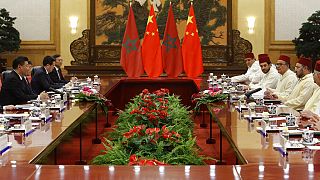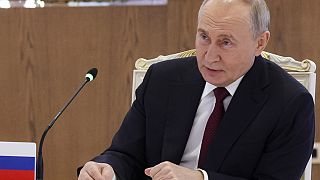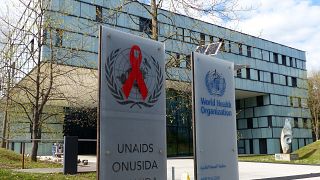Morocco
Morocco’s King Mohammed VI hosted Spain's Prime Minister Pedro Sanchez on Wednesday (Feb.21).
During the working visit at the Royal Palace in Rabat, the leaders discussed issues including the Western Sahara dispute, ongoing preparations to jointly host the 2030 FIFA World Cup with Portugal.
Prime Minister Sánchez reiterated his country’s endorsement of the Moroccan proposed plan for Western Sahara, emphasizing its significance in advancing a realistic and credible resolution to the lingering territorial dispute.
In response, King Mohammed VI expressed gratitude for Spain’s constructive stance on the matter, highlighting the importance of mutual respect and cooperation.
Additionally, Prime Minister Sánchez commended Morocco’s strategic initiatives, including efforts to promote cooperation among Atlantic-bordering African nations and initiatives such as the Atlantic Gas Pipeline project.
Sanchez's visit comes nearly a year after the he and the King adopted a declaration, signaling a new era of cooperation after years of tensions.
Prior to his meeting with the King, the Spanish PM met with Morocco's Premier Aziz Akhannouch.
During a press conference, the Spanish PM called for a permanent ceasefire in Gaza and renewed support for the UN agency for Palestinian refugees.
"In our opinion it is imperative that a permanent ceasefire be reached, that hostilities cease and that all hostages that are held right now by Hamas be freed. We must also guarantee access to humanitarian aid, and for that the work of the UN Relief and Works Agency for Palestine Refugees in the Near East, is fundamental, this is an argument that Spain has been making," Sanchez said.












01:26
Israel civil inquiry blames Netanyahu for October 7 failures
01:40
Morocco's red pepper season set back by drought
01:05
MED Dialogues conference kicks off with a focus on Middle East conflict
00:55
EU's top diplomat Josep Borrell visits Lebanon as escalations continue
01:43
Prices soar as people in Gaza face severe food shortages
01:49
Analyst says ICC arrest warrants unlikely to end Gaza war